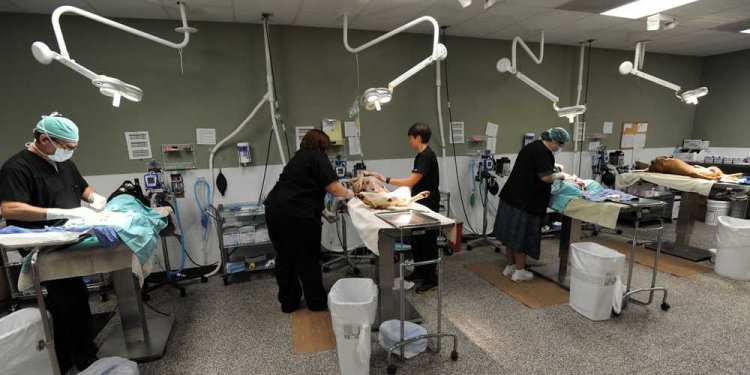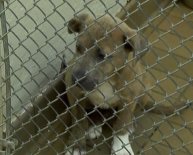March 8, 2018

Bradford County Animal Control
The Bradford County Mosquito Control Department is a seasonal operation, from May thru November. The goal of mosquito control is to reduce the infestation of the adult mosquito. The hours of this department fluctuate based on weather conditions.
Mosquito Factoids:
- Mosquito is Spanish for “little fly.”
- The word reportedly originated in the early 16th century. In Africa, mosquitoes are called “Mozzies”.
- There are more than 3, 500 species of mosquitoes.
- About 175 of them are found in the United States, with the Anopheles quadrimaculatus, Culex pipiens, and Aedes aegypti (Asian tiger mosquito) among the most common. The Anopheles is a malaria carrier, and the other two are known to spread various forms of encephalitis.
- West Virginia has the fewest species of mosquitoes.
- There are 26 in the mountainous state, while Texas has the most with 85. Florida is a close second with 80 identified species.
- Only female mosquitoes bite people.
- Both male and female feed mainly on fruit and plant nectar, but the female also needs the protein in blood to help her eggs develop. Once she's had her fill of blood, she'll rest a couple of days before laying her eggs.
- Mosquitoes don't have teeth.
- The females “bite” with a long, pointed mouthpart called a proboscis. They use the serrated proboscis to pierce the skin and locate a capillary, then draw blood through one of two tubes.
- A mosquito can drink up to three times its weight in blood.
- Don't worry, though. It would take about 1.2 million bites to drain all the blood from your body.
- Female mosquitoes can lay up to 300 eggs at a time.
- Usually, the eggs are deposited in clusters – called rafts – on the surface of stagnant water, or they are laid in areas that flood regularly. Eggs can hatch in as little as an inch of standing water. Females will lay eggs up to three times before they die.
- Mosquitoes spend their first 10 days in water.
- Water is necessary for the eggs to hatch into larvae, called wigglers. Wigglers feed on organic matter in stagnant water and breathe oxygen from the surface. They develop into pupae, which do not feed and are partially encased in cocoons. Over several days, the pupae change into adult mosquitoes.
- Mosquitoes hibernate.
- They are cold-blooded and prefer temperatures over 80 degrees. At temperatures less than 50 degrees, they shut down for the winter. The adult females of some species find holes where they wait for warmer weather, while others lay their eggs in freezing water and die. The eggs keep until the temperatures rise, and they can hatch.
- The average mosquito lifespan is less than two months.
- Males have the shortest lives, usually 10 days or less, and females can live about six to eight weeks, under ideal conditions...

















